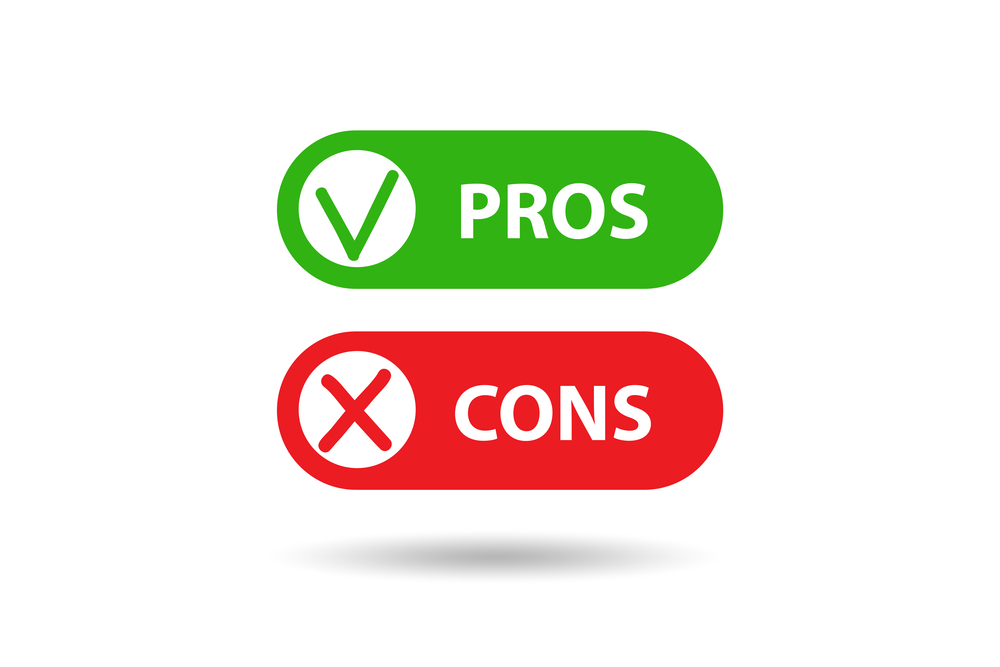RESOLVE, PROTECT, REBUILD
We're here to help you.
Let us help We're here to help you.
833-779-9993

Many people in debt choose debt settlement as a way to get relief. To reduce the amount owed, one may negotiate with creditors and make a lump-sum payment. Debt settlement can help with money problems, but it may not be the best choice for everyone. We’ll look at debt settlement pros and cons in this article to help you decide if it’s a suitable option.
Pros of Debt Settlement
- Reduced Debt Balance: Debt settlement can greatly reduce your total debt balance. You may lessen the debt amount and make it easier to pay by talking to your creditors about it. Getting this can help manage your finances.
- Avoiding Bankruptcy: For people who need to get rid of debt, settling it may be a better option than filing for bankruptcy. Filing for bankruptcy affects your credit score and financial reputation. This can make it tough to get loans or credit later on. Settling your debts can help you avoid the negative consequences of bankruptcy. It can also help you rebuild your credit faster.
- Lower Monthly Payments: Another advantage of debt settlement is the potential to lower your monthly payments. Lowering your debt may allow you to talk to your creditors and get lower monthly payments.
- Faster Debt Repayment: If you have less debt, you can pay off what you owe faster than if you just pay the minimum amount each month. You can get financial freedom faster and pay less interest.
Cons of Debt Settlement
- Negative Impact on Credit Score: Debt settlement may hurt your credit score. When you settle a debt, it will be stated as “settled for less than the full amount” on your credit report. This can cause your credit score to decrease. It can be harder to get loans or credit later if this happens. This could reduce your chances of financial opportunities.
- Tax Implications: If you had some of your debt forgiven, you might have to pay taxes on that amount. The IRS sees that as income. That means you might have to pay taxes on the forgiven debt, which could lead to a surprise tax charge. Consult with a tax professional to understand and plan for taxes when settling debt.
- Creditor Resistance: Some creditors may not agree to settle debts, and they might be more opposed than others. The process of settling debt can be hard and take a long time, and it’s not guaranteed to work. Creditors may also sue you to get all of the money you owe, which can make your money problems even worse.
- Upfront Costs and Fees: Debt settlement can cost money upfront, especially if you go with a company. Paying these fees could increase your financial stress. Debt settlement might not be useful if your creditors won’t negotiate better terms.
- Potential for Scams: The debt settlement industry can attract bad people who want to take advantage of vulnerable people. It’s important to research debt settlement companies carefully before working with them. Be wary of offers that appear too good to be true.
Making the Right Decision
If you’re thinking about debt settlement, it’s important to think about both the good and bad points of this option. Then, you can decide if it’s the best choice for your money situation. Consider seeking professional advice from a credit counselor or financial advisor who can help you explore alternative debt relief options, such as debt consolidation or credit counseling.

